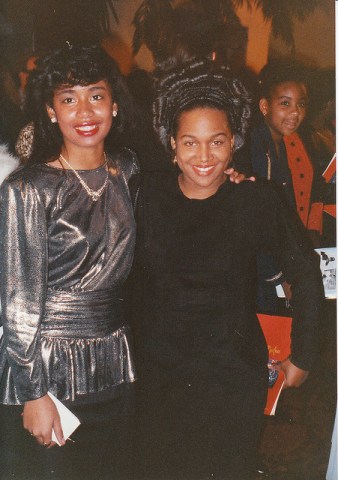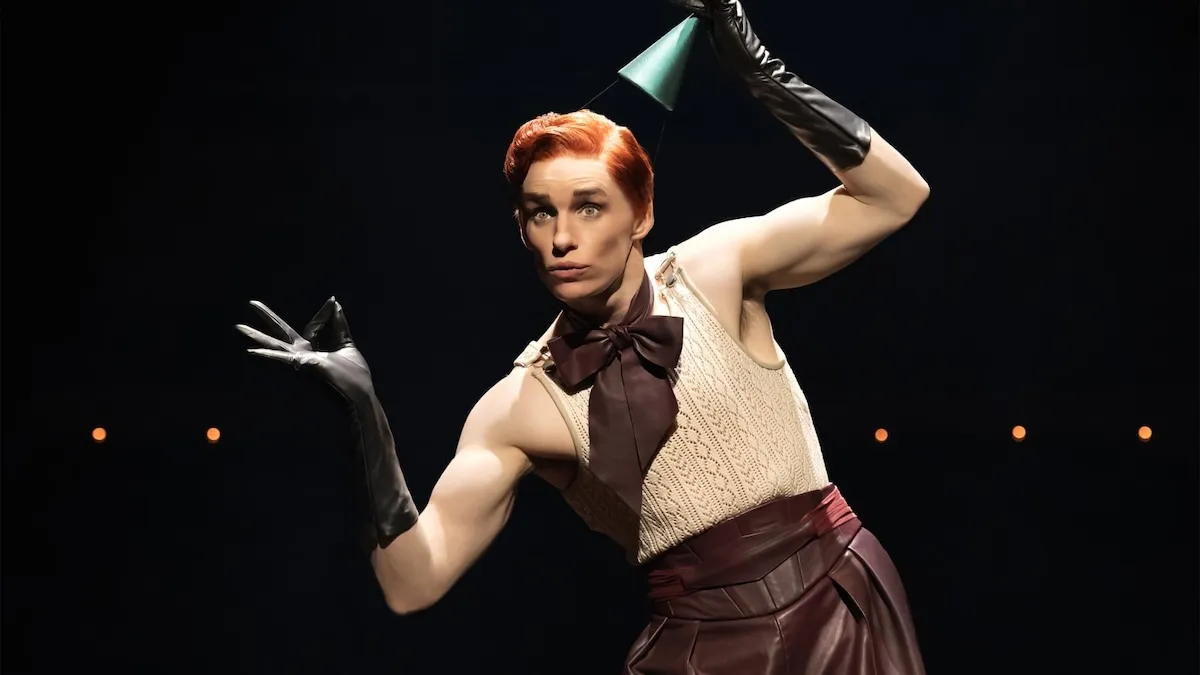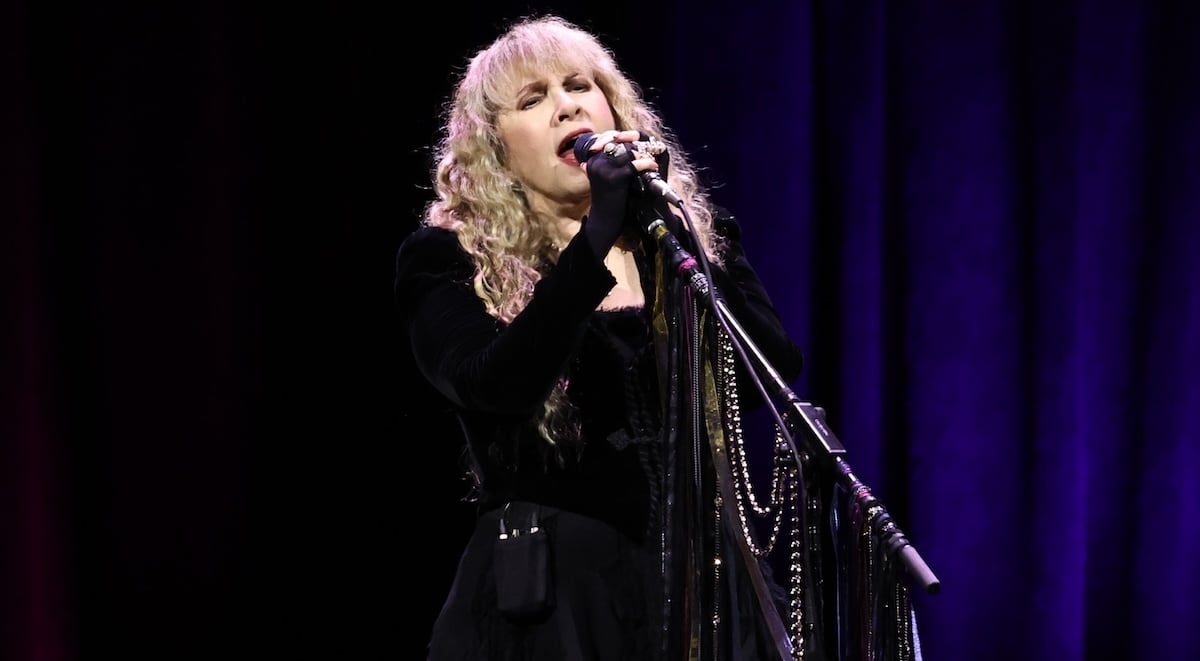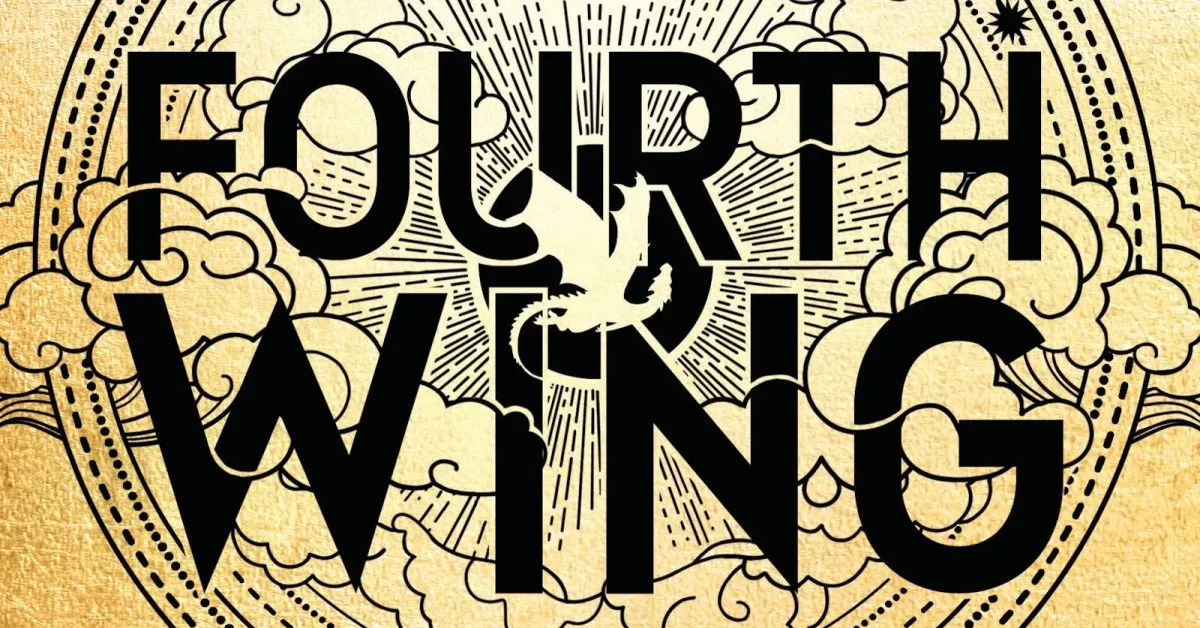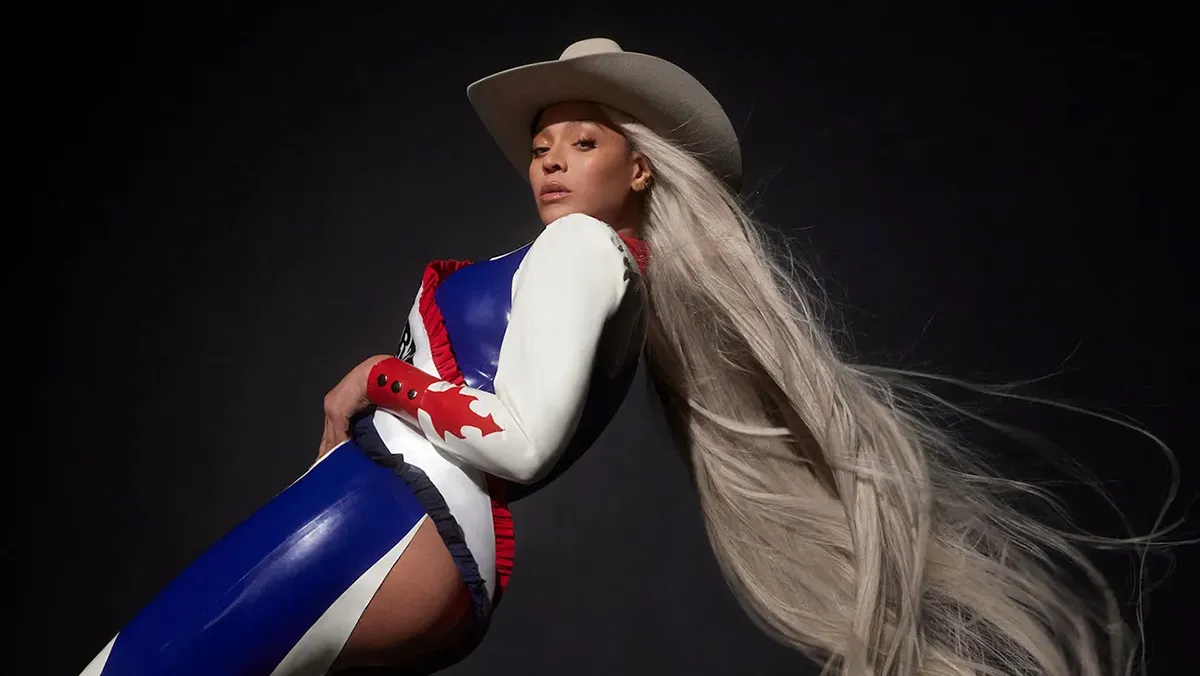After an apology Dr. Dre gave to The New York Times about his violence toward the “women [he] hurt,” two of those women – Dee Barnes and Michel’le – have responded to that apology.
Dee Barnes has written another piece over at Gawker in which she thoughtfully comments on Dre’s apology and what it means for issues “bigger than [her] and bigger than hip-hop.” She accepts the apology, and hopes he means it. As for the concern of some over whether his apology was suspiciously timed (ie: he’s promoting a movie and wants to look good), Barnes had this to say:
I understand people’s apprehension. The stakes are high now and money talks, loud. Is this is a PR move by Universal, which released Straight Outta Compton? After all, the film just crossed the $100 million mark its second weekend in theaters. Is it damage control by Apple, which can no longer ignore that if you take the “Beats by Dre” logo and remove the “S,” you get a double entendre describing several woman he just apologized to? Is Dre himself really remorseful or just saving face? To me, the answers to these questions matter less than the fact that Dre stepped up and performed his social responsibility by finally taking accountability for his actions. Who cares why he apologized? The point is that he did.
She says this, because she too has had her motives questioned when she chose to speak out about the violence she experienced. She understands. This does not mean, however, that she thinks we can now go back to our regularly scheduled apathy.
This is bigger than me, and bigger than hip-hop. This is about respect and awareness. As a result of speaking on my personal experience with violence, I have been vilified. Women survivors of violence are expected neither to be seen nor heard, and the pressure increases when it involves celebrities. No one wants to see their heroes criticized. And if they are African American, the community at large becomes suspicious of an underlying motive to tear down a successful black man. Excusing pop culture icons from scrutiny over their history of violence against women because they are elevated to “hero” status is wrong on so many levels. Creating notable, brilliant art does not absolve you of your faults. In the past, great art was enough to exalt men of their bad behavior, but in 2015 it’s no longer the case. Survivors have a right and an obligation to speak up (#NoSilenceOnDomesticViolence). We are too loud, too correct, too numerous to be ignored.
There is something to be said for public figures, having huge amounts of influence, apologizing publicly. Just as their horrible actions do, taking responsibility and apologizing publicly models that behavior for anyone who looks up to these figures. According to Michel’le, however, these apologies mean nothing if they aren’t also accompanied by a personal, unpublicized apology to the person you’ve wronged. In an interview with BBC Radio 5, Michel’le states:
I don’t really think it’s a sincere apology. I didn’t ask for a public apology—if I asked for one at all—but I think if he’s going to apologize, he should do it individually. To just group us like we’re nothing and nobody—I just don’t think it’s sincere, that’s all. He’s generalizing us. Treat us like we have names.
While I agree with Barnes in that Dre’s public apology was a necessary first step, I also agree with Michel’le in that a public apology is all talk without the hard work of apologizing privately to back it up. Your move, Dre.
(via Gawker and Jezebel; Image of Michel’le via Alan Light on Flickr, Screenshot of Dee Barnes via YouTube)
—Please make note of The Mary Sue’s general comment policy.—
Do you follow The Mary Sue on Twitter, Facebook, Tumblr, Pinterest, & Google +?





